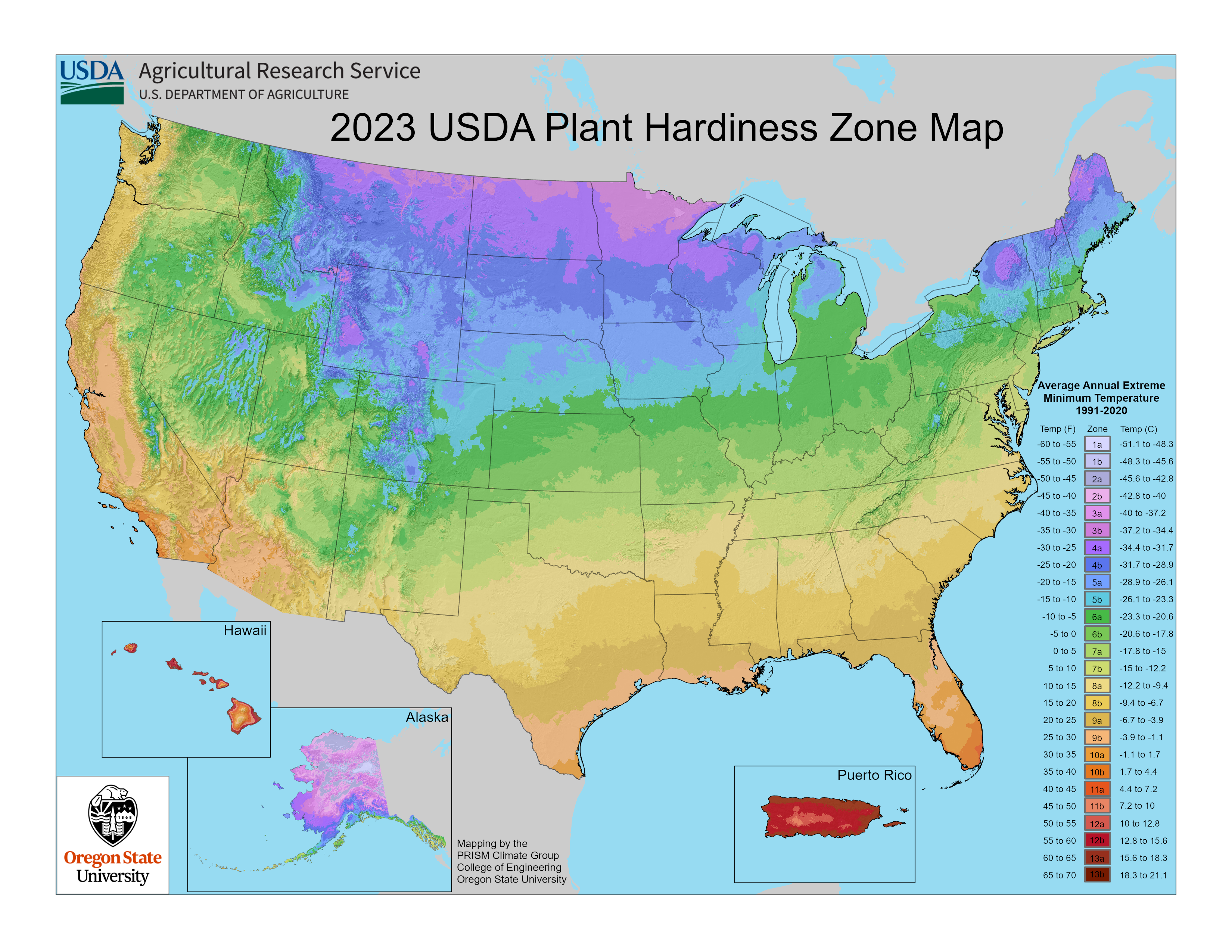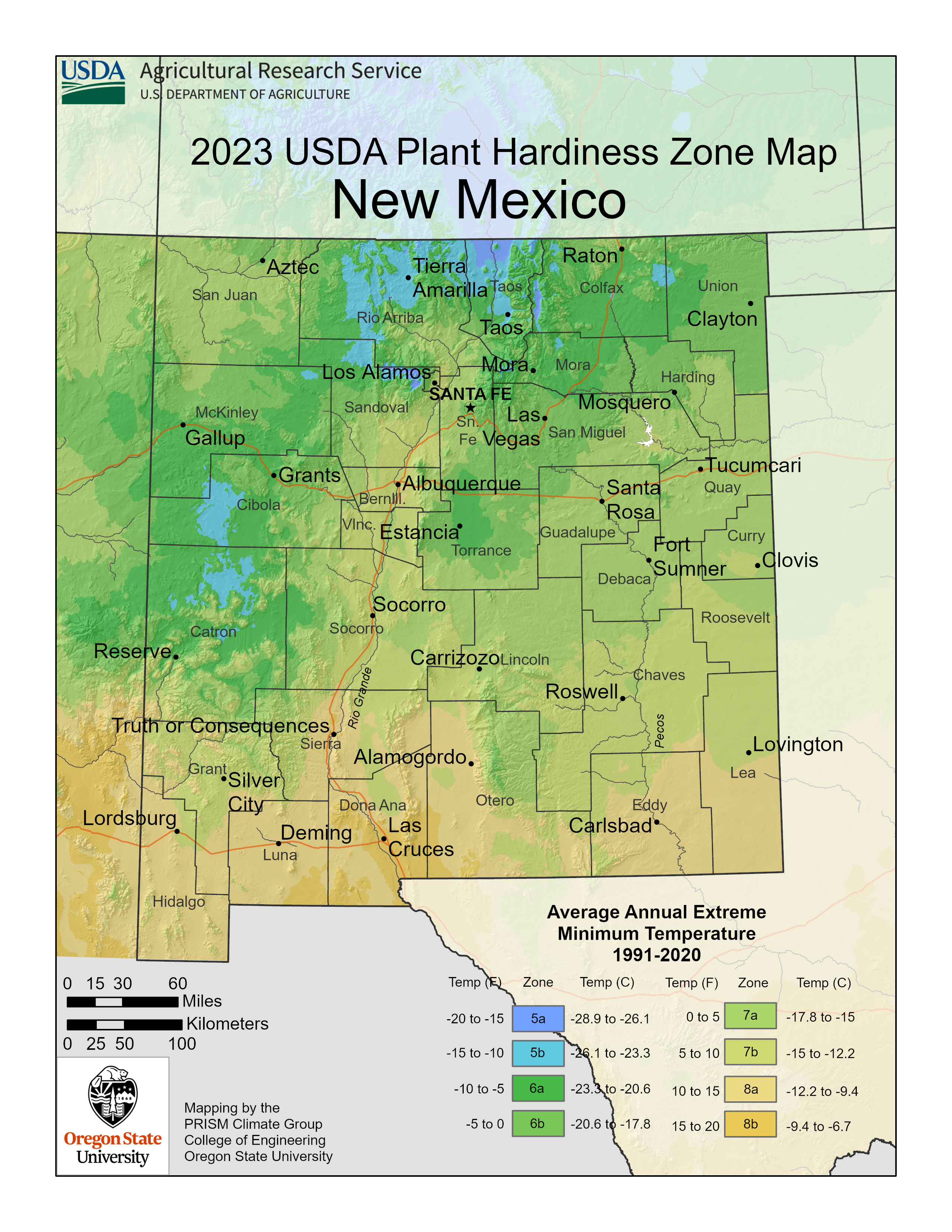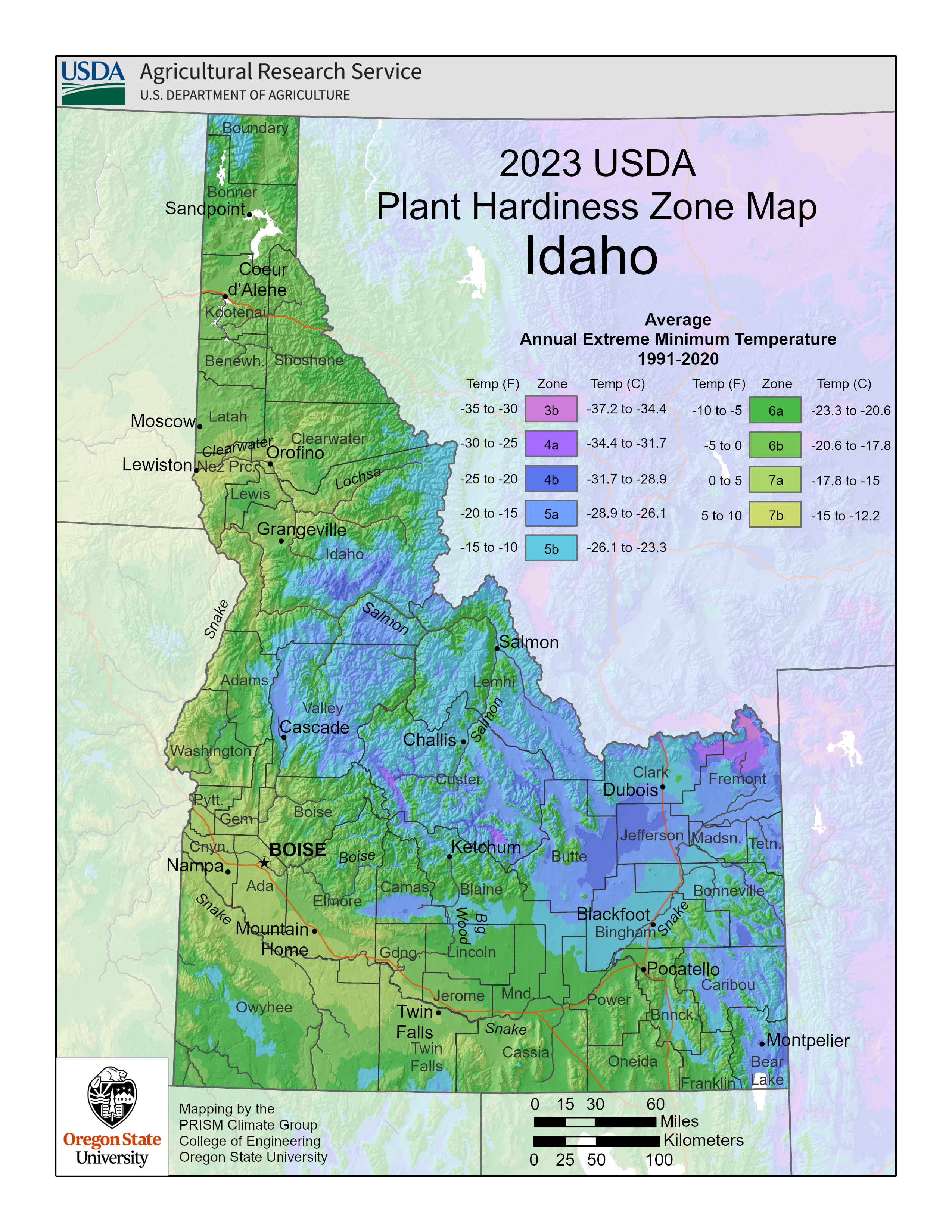Anyone with a green thumb knows how frustrating it can be to find your plants wilting away, and you have no clue why.
Luckily for you, we can help with your rhubarb by giving you the most significant reasons it may be wilting and what you can do to correct it.
Why is my rhubarb wilting? Poor aeration, overwatering, iron deficiency, and too much heat exposure are all main contributing factors to wilting rhubarb plants. You can quickly correct these issues with proper nutrition, hydration, and drainage.
If you are struggling with your wilting rhubarb plants, reading this article can give you some good insight on why it isn’t thriving and what you can do to help it along.
Why Is My Rhubarb Wilting?
Before getting into why your rhubarb is wilting, let’s look at what rhubarb is and what it requires to thrive.
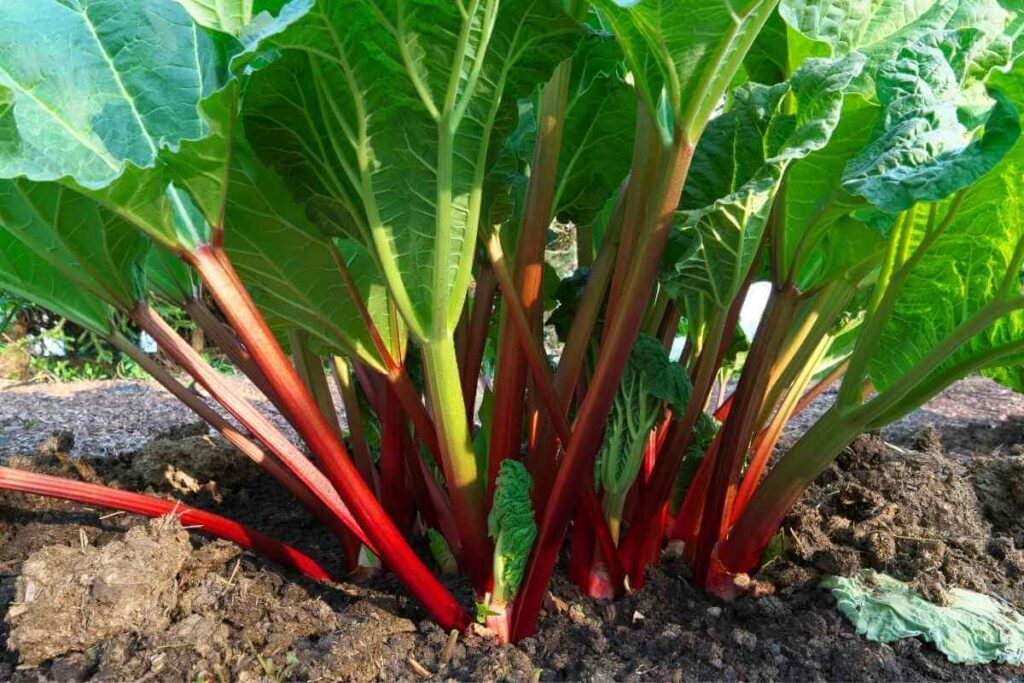
Rhubarb is a stalky plant that is often found in pies and other baked goods. The stalk of the plant is the only safe part to eat as the leaves are actually poisonous.
Cooked rhubarb has a sour and tangy flavor mixed with a twinge of sweetness similar to a citrus fruit like a lemon.
Rhubarb grows best in full sun and light soils with plenty of breathing room for the roots. It is great for USDA hardiness zone 6 and higher.
If you are struggling with rhubarb that is consistently losing its leaves, there are a few different things you can check for in order to diagnose the problem:
- Poor Aeration
- Overwatering
- Iron Deficiency
- Too much Exposure to Heat
While there might be other contributors to your rhubarb wilting, these four are the main culprits and fortunately, there is a solution to each one, that should have you back in business in no time.
The Best Solutions for Your Wilting Rhubarb
Below are the best options available to help heal your damaged plants and give your rhubarb the best chance of survival in the future.
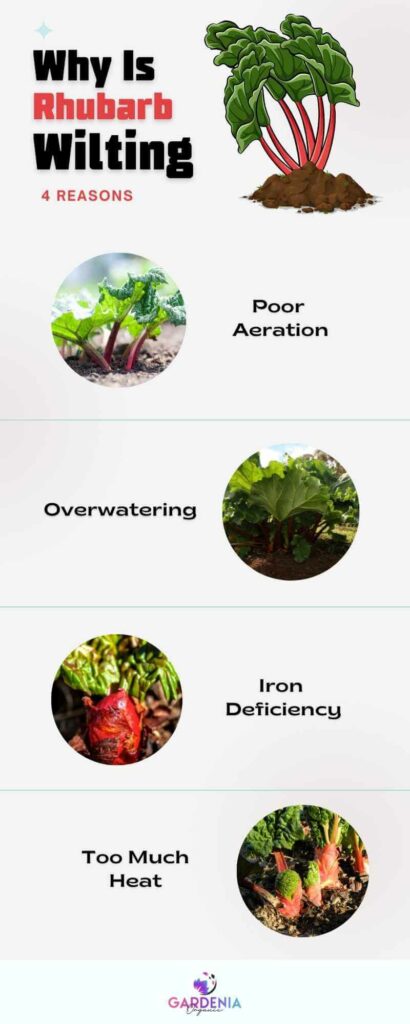
1. Poor Aeration
Aeration is important for plant growth and can be a major factor in your rhubarb’s health.
Aeration is needed to move and reduce harmful Co2 levels through the soil and avoid oxygen starvation in your plants.
Problem: Poor Aeration
Poor aeration soil is also known as poor oxygen soil.
This occurs when the soil is too compact, or overgrowth occurs, and the roots of your rhubarb have no room to breathe.
The finer the soil particles, the more compact they will become around the root.
Solution: Use Loamy Soil
Loamy soil is a mixture of sand, silt, and clay particles.
This soil is going to create enough stability to help your plant grow and thrive while still providing enough space between each particle to allow water and oxygen to flow through without any type of blockage.
2. Over Watering
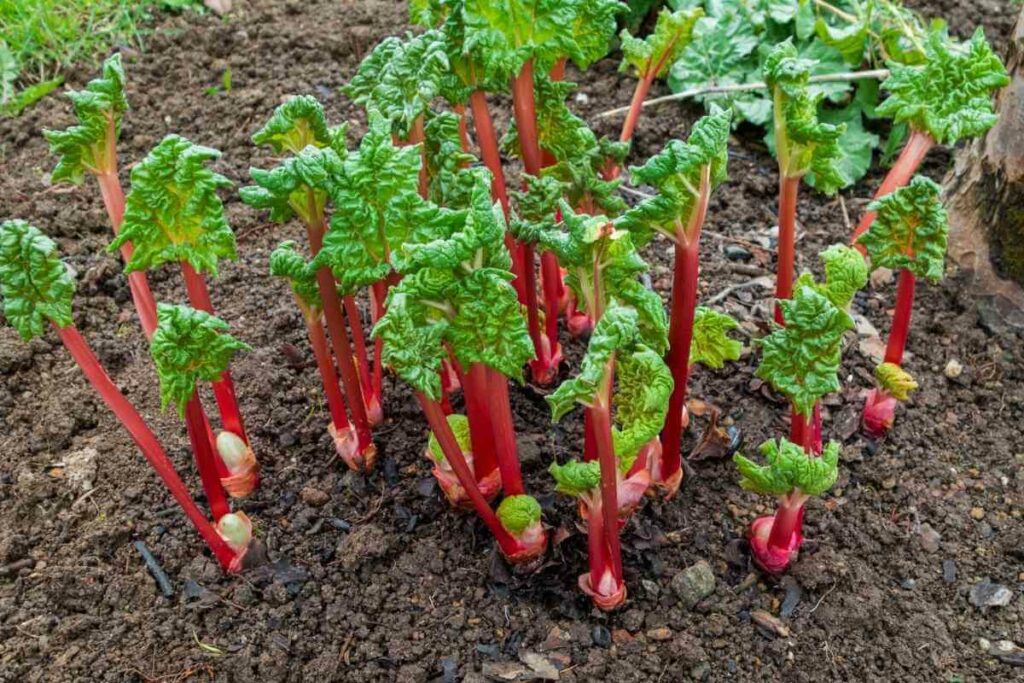
Overwatering of a plant happens when there is not enough space in the soil for the water to drain properly, or a plant is provided way more water than it can handle and sits in wet soil for a long time.
Problem: Over Watering
Overwatering your rhubarb will cause the roots to suffocate; the leaves will start to turn yellow and then wilt.
Root rot is another serious condition created by too much water to the plant’s roots.
Root rot is when fungal spores begin to grow on the base of the plant, causing it to decay; wilting leaves will be one of the first signs.
Solution: Water Less Often/Provide Proper Soil
Similar to the solution for poor aeration, to prevent overwatering and root rot, you simply have to have a good drainage system for your rhubarb plants in order to maintain the right amount of water without the chances of it puddling up.
It is also good practice to only water your plants when needed. If the soil is moist, there is no need to add any more water.
Think of the rain as mother nature’s way of letting you take the day off.
3. Iron Deficiency
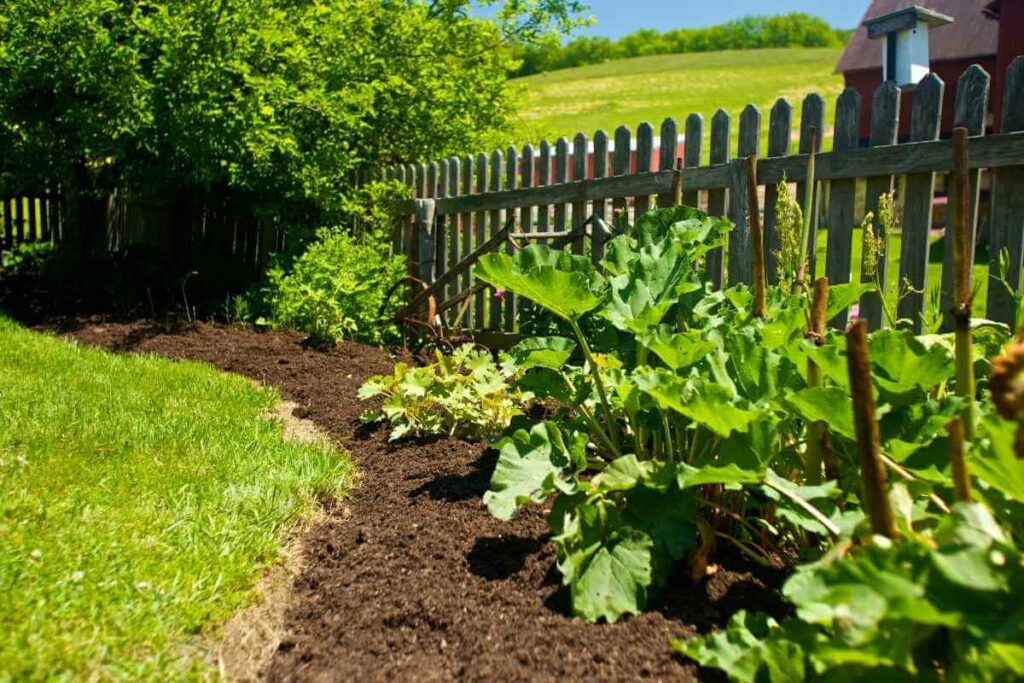
Like in all other forms of living organisms, iron plays a vital role in plant growth, primarily in chlorophyll synthesis.
Iron is essential for plants’ structure and function and basically cannot grow without it.
Problem: Iron Deficiency
Without iron, your rhubarb will not get the oxygen and other nutrients it desperately needs.
Chlorosis will form (the loss of green and leaves turning yellow,) eventually leading to the leaves wilting.
Solution: Test Your Soil
If your pH levels are too high, bringing them down may help your plants make a quick turnaround.
Keeping iron-rich and pH-balanced soil is essential for healthy rhubarb.
If your plants are already seriously suffering, treating the soil with Chelated iron is the quickest way to a resolution.
4. Too Much Heat Exposure
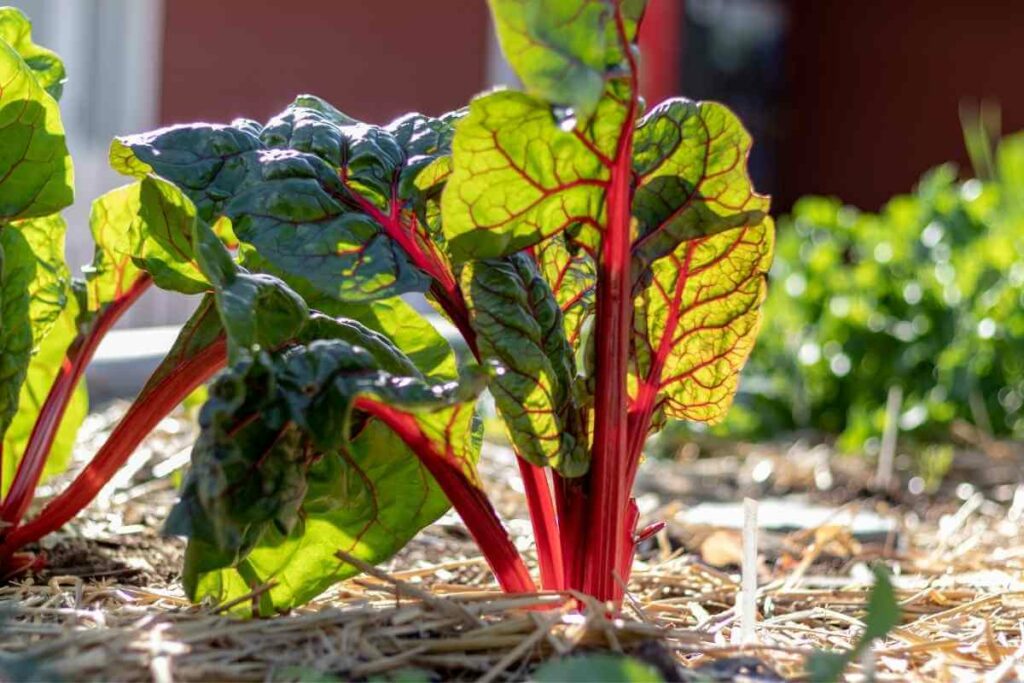
While rhubarb is extremely heat-tolerant, just like any other living thing, too much heat with a lack of proper care is going to scorch, dehydrate, and even kill your plants.
Problem: Too Much Heat Exposure
Rhubarb is a hardy plant that is well-known for growing in high temperatures and can be planted in direct sunlight.
However, without access to shade (especially during hot summer days), your plant can succumb to dehydration and scorched leaves, which will result in wilting.
Solution: Extra Water and Better Location
When the temperatures get extremely high, providing a little extra water each day will help prevent heat damage to your plants.
Best Practice: Always water early in the morning or later in the evening. Watering your plants while the sun is out will cause more harm than good, and the rate of evaporation is so high it is almost useless.
Summing Things Up
While there are no certainties when you have to leave most of the plant growth to mother nature, you can take most of the control and prepare your plants for the best possible chance of thriving.
Luckily, rhubarb isn’t a picky produce, so fine-tuning your gardening skill is all you need for a great growing prop.
